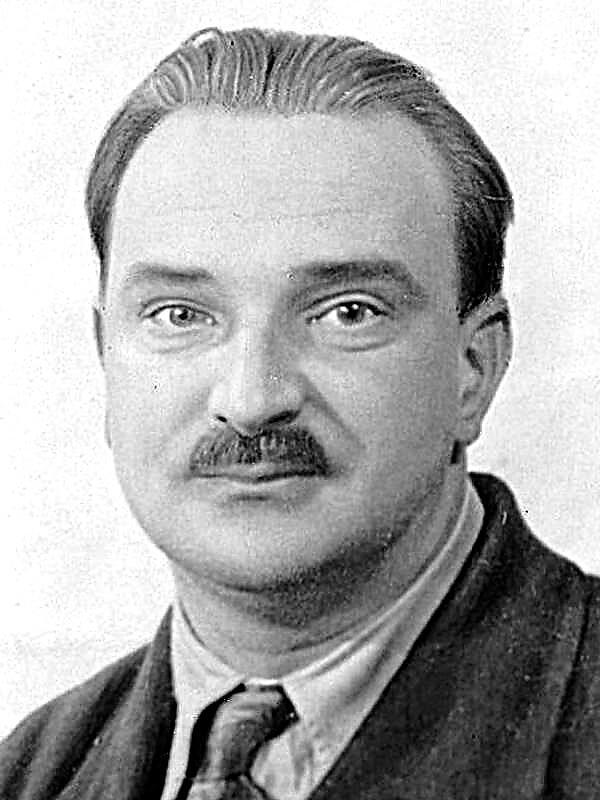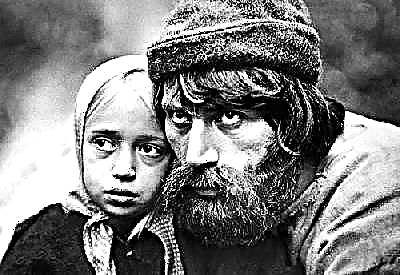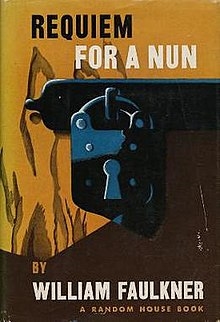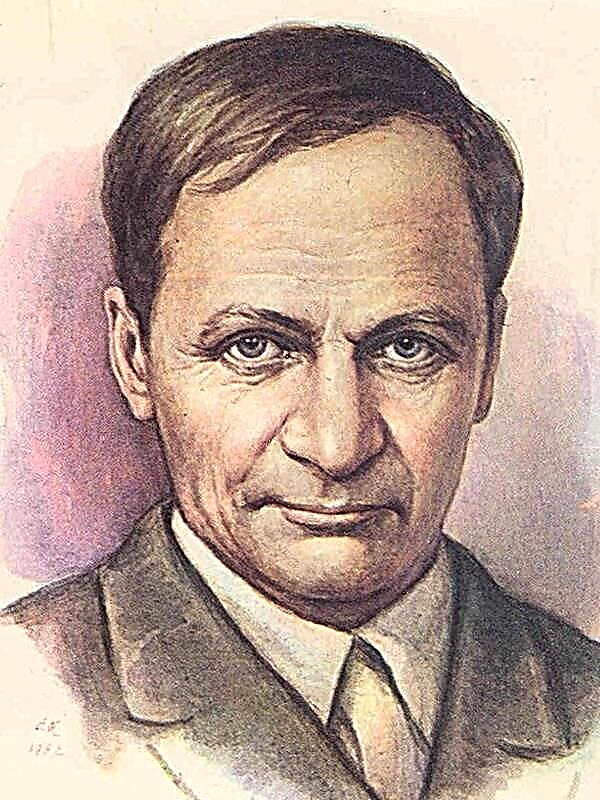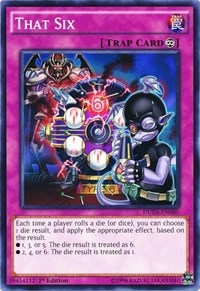(396 words) The conflict of generations is an eternal problem that worries mankind. Unfortunately, it is not easy for people whom the almighty time shares to find a common language, and this is repeated from century to century. Many authors of Russian and foreign literature wrote about this in their books and developed methods for resolving this conflict. Let's see if fathers and children can be reconciled when the gap has already made a crack in family relationships?
In the novel “Fathers and Sons” by I. S. Turgenev, heroes became victims of an eternal conflict of generations. Evgeni Bazarov arrived in Maryino with his friend and immediately aroused the displeasure of one of the owners of the house, Pavel Petrovich Kirsanov. The author describes the difference between them, talking about their hands: in one they are very well-groomed and white, and the other with their red and calloused hands causes only disgust. The condition of the hands conveys the lifestyle of men. If the older generation is accustomed to secular manners, idle aristocracy and scientific conversations, then the new generation is people of work and work. Bazarov despises Kirsanov Sr. for his lazy stagnation in the estate and swagger, and his opponent is annoyed by the rudeness and categoricalness of the guest. Have their conflict been resolved? Yes. The clash led to a denouement, and the characters became more understanding people. Pavel Petrovich allowed his brother's misalliance and left, deciding to change something in his meaningless life, and Eugene realized that feelings are not a vice of a person, but something without which he cannot live.
In Leo Tolstoy’s novel War and Peace, the generational conflict stands out most clearly in the Bolkonski family. The prince is tyrannical and rude to children, trying to impose his views and beliefs on them. He is cold and harsh with his son, but most of all goes to Marya. She meekly and gently takes care of her father, and in return receives only reproaches. These domestic differences have a deeper connotation. The old man is angry because his time has passed, and he is not ready to accept the changes. Seeing the independence of his son and the quiet but stubborn protest of his daughter, he realizes that he is losing power over them, that the family will change from now on. He tries to keep the past, but on his deathbed he admits his wrong. The hero brought up the children very well, but his love was not enough for him, and he bitterly regretted it, saying goodbye to Marya. Was their conflict resolved? Yes. But they came to reconciliation later than they should.
Thus, a generational conflict is inevitable, because times are changing, as are people. However, it can be resolved, to come to an understanding, but this is possible only when both sides express themselves directly and honestly, without flattery and omissions. Do not be afraid of the dispute, because it is in it that fathers and children will find the truth that will bring everyone together.

